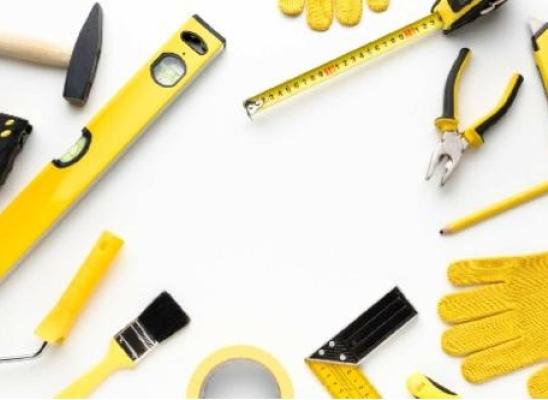The Winding Road to Recovery: Getting Through A Relapse

Online test
Find out the severity of your symptoms with this free online test
You thought you were doing so well. You had your skin picking under control and then…you find yourself picking again. What happened?
Here’s the facts: relapses happen, even when you’ve done everything right. Whether you’re dealing with a disorder like skin picking, some other mental health issue, or even addiction, relapses are part of the recovery process. Contrary to what we think, recovery is never a straight line. It’s more like a winding road with switchbacks you don’t always see coming.
Just why relapses happen isn’t always clear, but you can get through it. Understanding your triggers and knowing what to do can help you get back on track.
Why Relapse Happens and What to Do
The relapse happened. The first thing to do is give yourself grace. Relapsing is not a reflection of who you are or even how strong you are. Relapse is a part of recovery. The key is to see it, own it, and get back on track.
Relapses can be triggered for lots of reasons and when you least expect it. They can be anything that creates distress for you:
- Not enough sleep
- Stress
- Conflicts
- Uncomfortable or new situations
- An acne breakout
- Feeling anxious
- Something else
If you’re not sure, a habit log or journal can help you to track and better understand your triggers. You can talk it through with your therapist too. When you understand why it happened, you can implement strategies to deal with the triggers that led to the relapse
Relapse Prevention
Are there things you can do to try and avoid a relapse? Yes! Relapse prevention is an important part of a comprehensive treatment plan and the recovery process.
Relapse prevention is a plan that includes specific strategies for dealing with the risk factors that may trigger picking. It includes not only knowing the risks but also activities that help you to adhere to the strategies and lifestyle changes that help you stay on track. A relapse plan essentially consolidates what you’ve learned in therapy (or through self-help) into a cohesive plan for maintaining your progress.
Relapse prevention is practicing those things that help you to maintain your recovery and know what to do if you relapse. Components can include:
- Mindfulness – helps you to stay aware so you can quickly notice any triggering thoughts of distressing emotions that may signal a risk of relapse
- Self-care – Taking care of yourself physically, emotionally, and spiritually can all help you manage your recovery. Things like a good skincare routine, stress management, therapy, practicing gratitude and self-compassion, and maintaining a healthy lifestyle are a few key practices.
- Precautionary measures – These are the contingency plans you can have in place when you find yourself in a risky situation. What can you do to avoid or minimize that risk?
- Coping skills – These are the strategies that you know work for you. You may have one or you may have many. The important thing is to write them down and use them when you need to. Another strategy is to make a “soothing kit” that you can keep with you.
- First Aid – This is a quick competing response type of tool that you can keep with you at all times. Objects like a stress ball or small touchstone work particularly well and can be a physical reminder. Whatever you choose, keep it simple!
Even the best-laid plans can sometimes fall short. It doesn’t mean you’ve failed. Having a relapse prevention plan also helps show you the way forward.
References
1. The dreaded relapse: Dermatillomania. (2021, April 20). Canadian BFRB Support Network. https://www.canadianbfrb.org/2014/06/18/the-dreaded-relapse/
2. Martinson, A. A., Nangle, D. W., Boulard, N., & Sigmon, S. T. (2011). Old habits die hard. Clinical Case Studies, 10(6), 411-426. https://doi.org/10.1177/1534650111428508
3. Skinpick.com. (2022, August 22). Basic Principles of Relapse Prevention for BFRBs [Video]. YouTube. https://www.youtube.com/watch?v=ti9tAJEEzIQ
Online test
Find out the severity of your symptoms with this free online test
Start your journey with SkinPick
Take control of your life and find freedom from skin picking through professional therapy and evidence-based behavioral techniques.
Start Now



